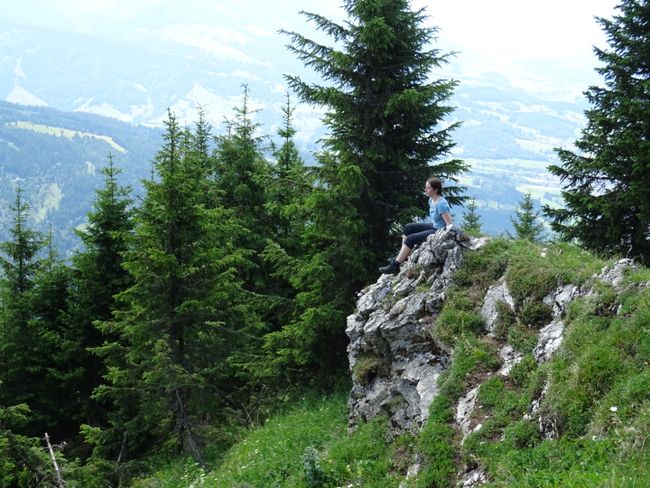
AllgäuerinInNorwegen
vakantio.de/allgaeuerininnorwegen
Rørosmartnan
A bɔra kɛnɛ kan: 22.02.2020
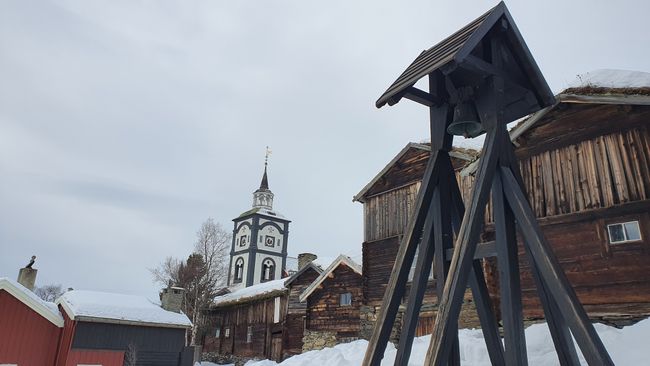
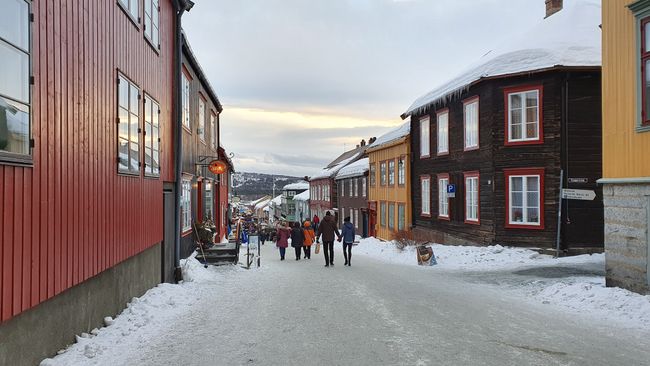
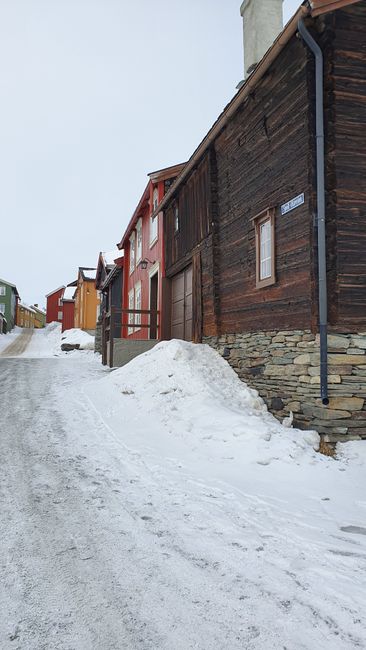
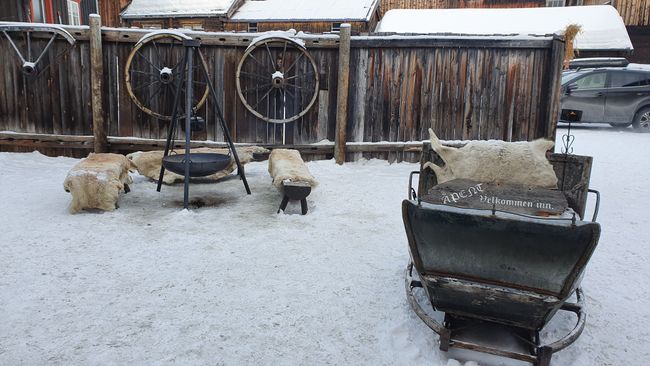
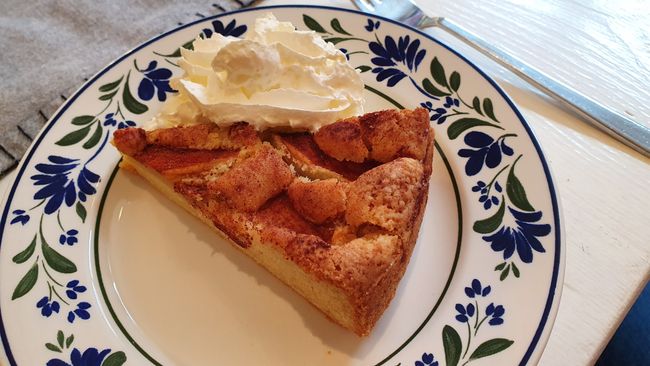
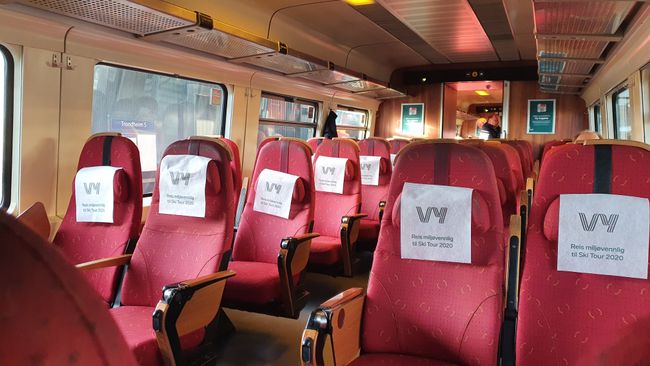
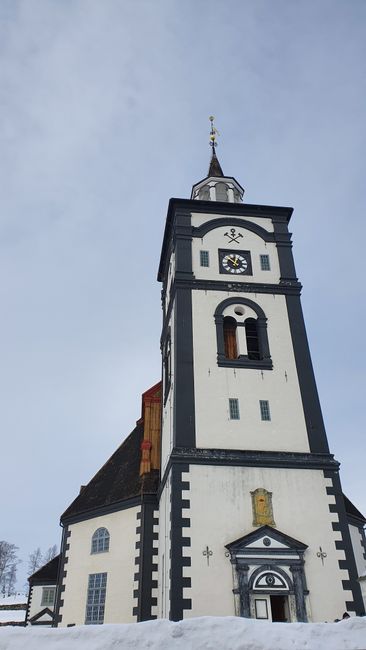
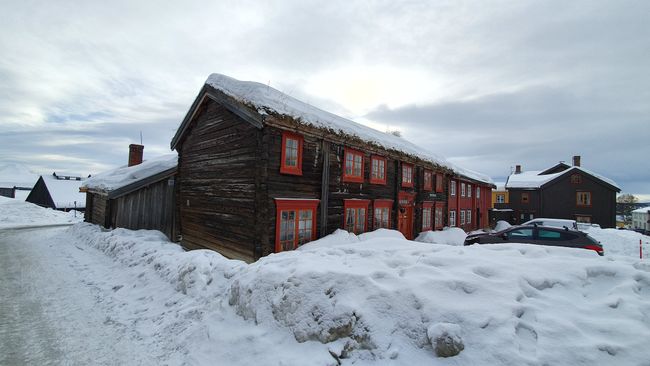
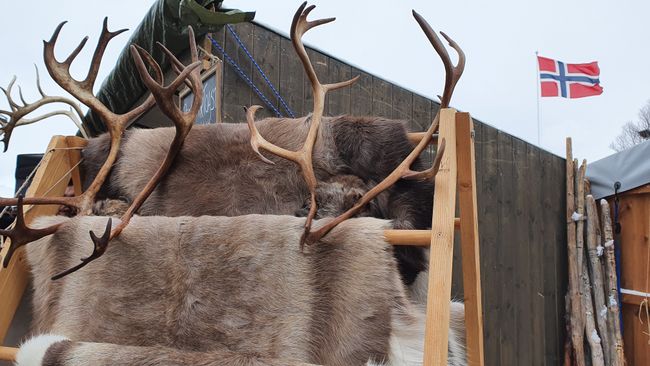
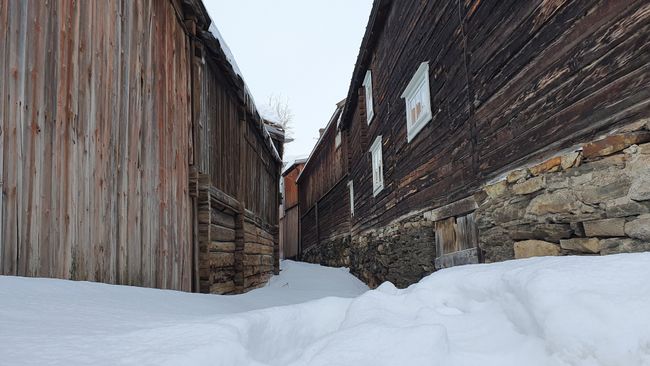
Aw ye aw tɔgɔ sɛbɛn Kibaruyaw la
In every documentation about Norway, you can see them: the horse-drawn sledges that enter a small mining village across a vast white plain and there a market takes place with local products.
The small town is called Røros and is not that small, it actually has almost five thousand inhabitants and was included in the UNESCO World Heritage List in 1980.
On Friday, we started our way to this very city, that is, me and my mother.

The train ride was supposed to last about two and a half hours and at the beginning we had high expectations, a small market with a village atmosphere, few people, and contact with the residents there. Half an hour later, our wagon filled up with young people, whose backpacks were filled only with beer and other alcoholic cans, and shortly after speakers were set up, from which country music played. We had landed in the party compartment to Røros.
When we got off, we were greeted by icy wind and a huge crowd of people streaming towards the village. At the market, traditional and local products like reindeer skins, elk burgers, and reindeer sausage were sold, but also Norwegian sweaters made of alpaca wool, Belgian waffles, or other knick-knacks that you can find at any fair.
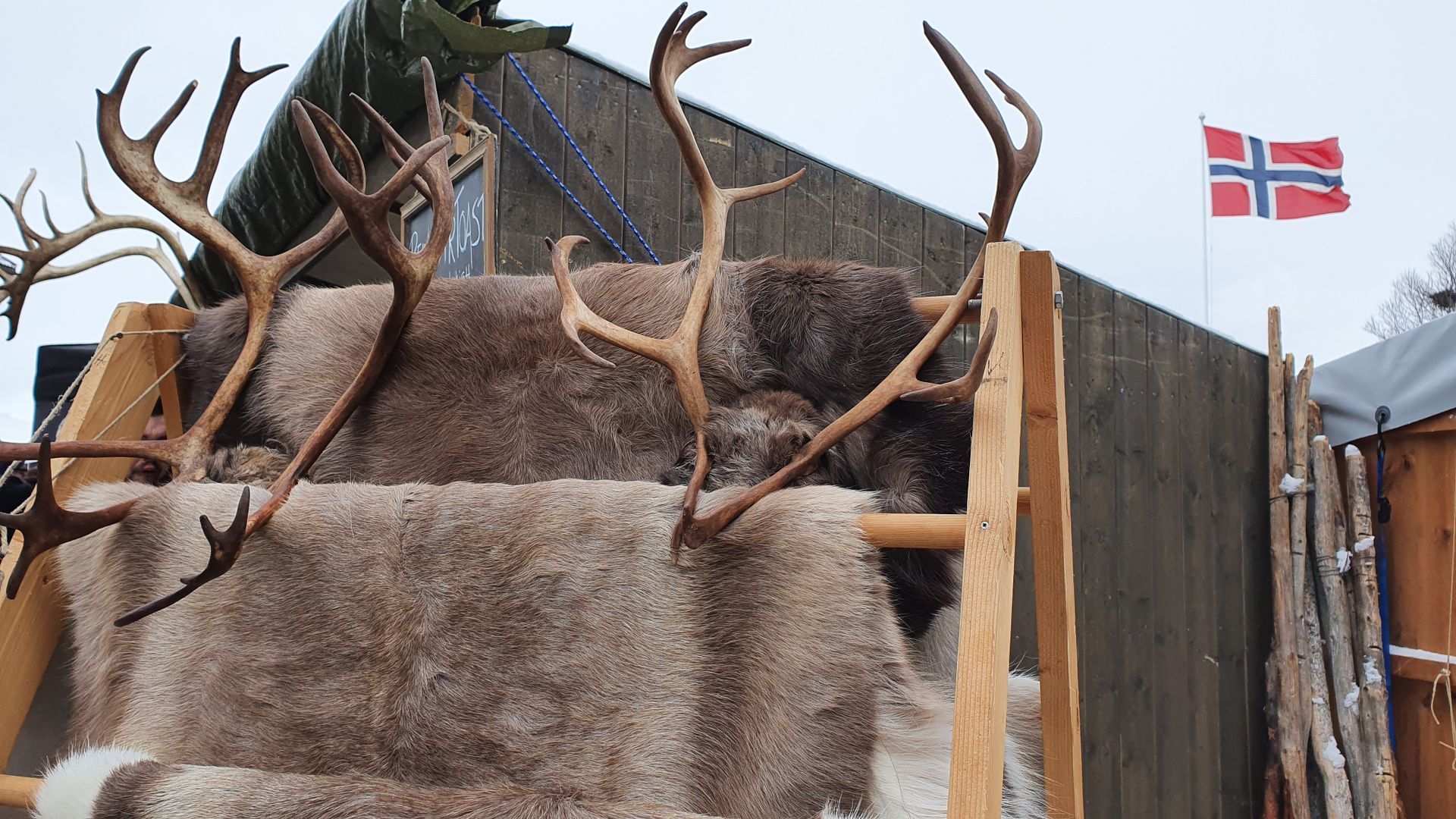
We walked through the narrow alleys that ran through the old wooden houses, made several rounds, stopped in one of the numerous courtyards or in a café to warm up, as the wind blew through the alleys and later snow was added.



The atmosphere of this village was somewhat dampened by the crowds, but it was still noticeable and at times one felt transported back to the time when Røros flourished.
Then we took the train back, with fewer intoxicated Norwegians and less music, but with a delay of an hour.
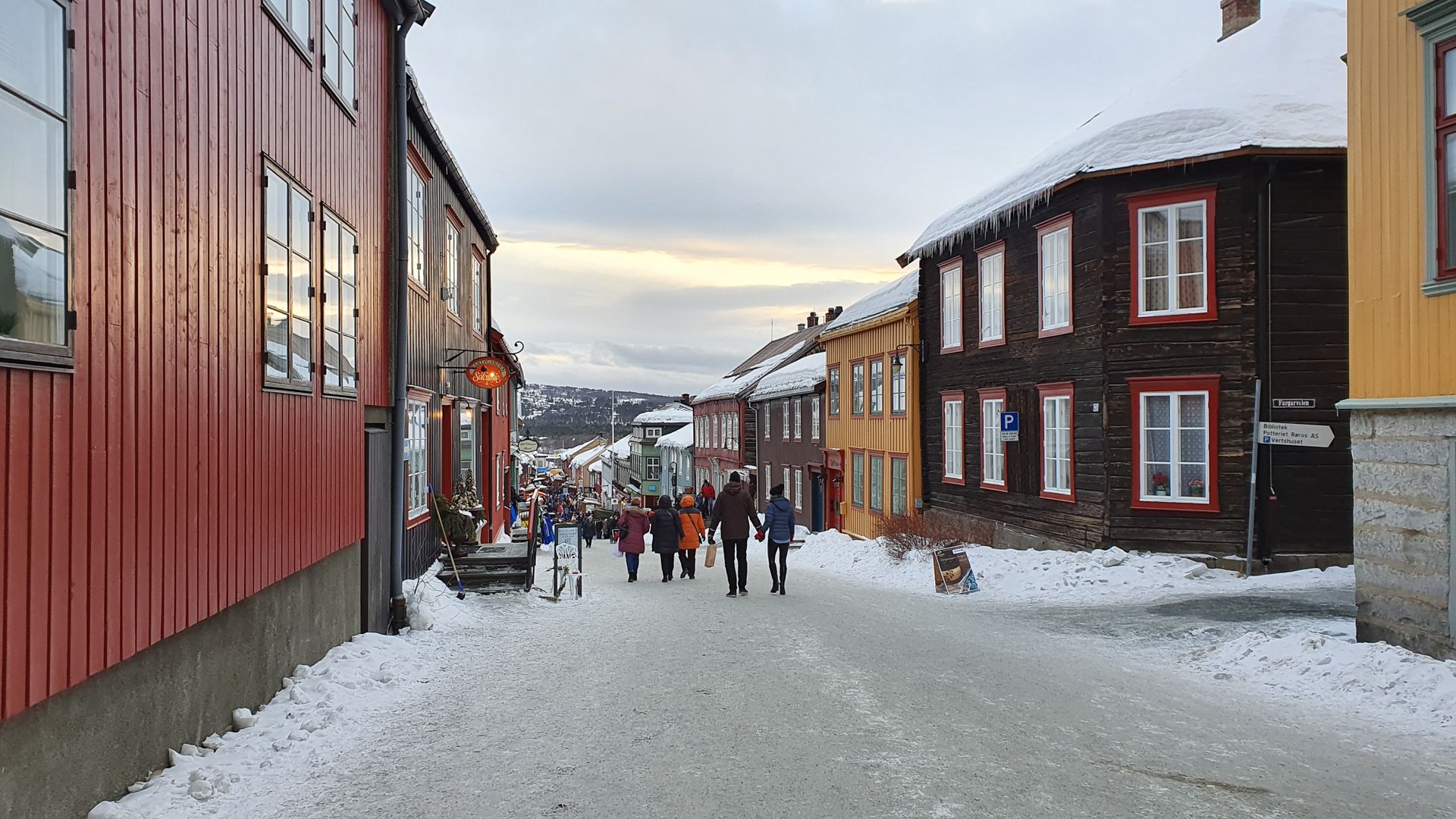




Aw ye aw tɔgɔ sɛbɛn Kibaruyaw la
Jaabi
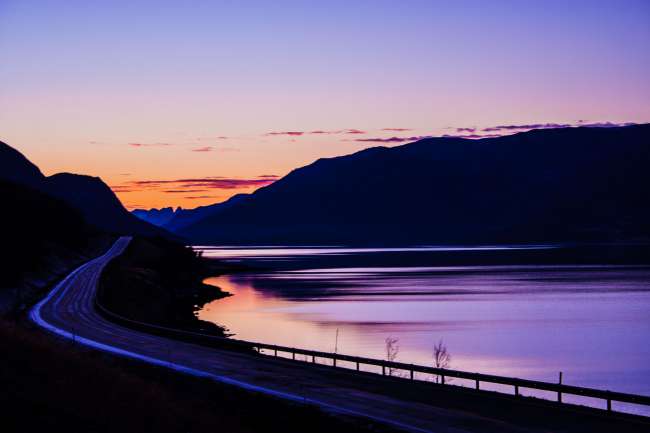
Taama rapɔɔriw Norvege jamana na
